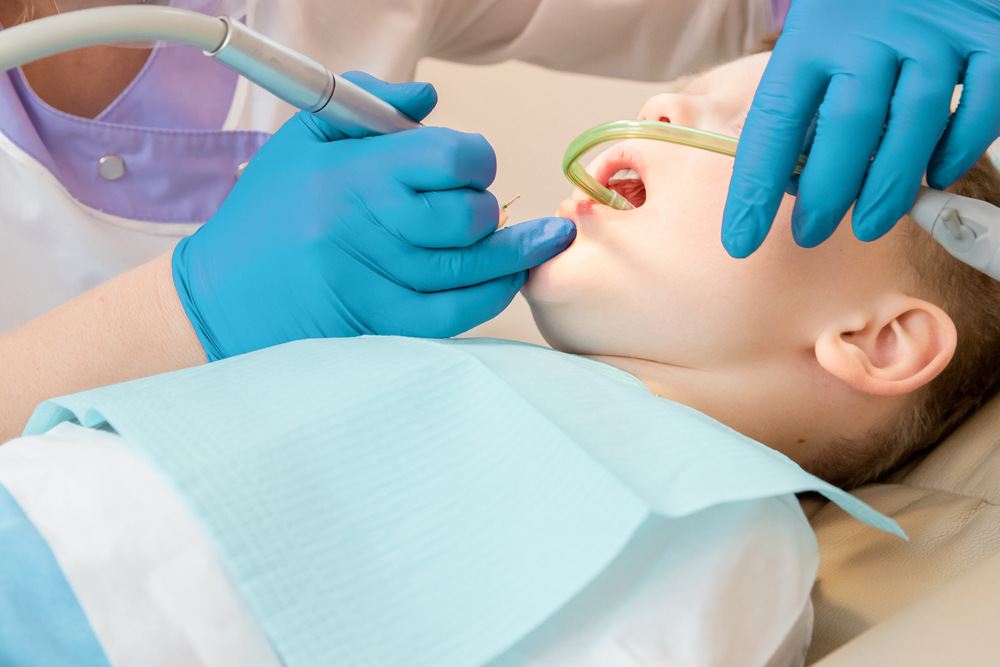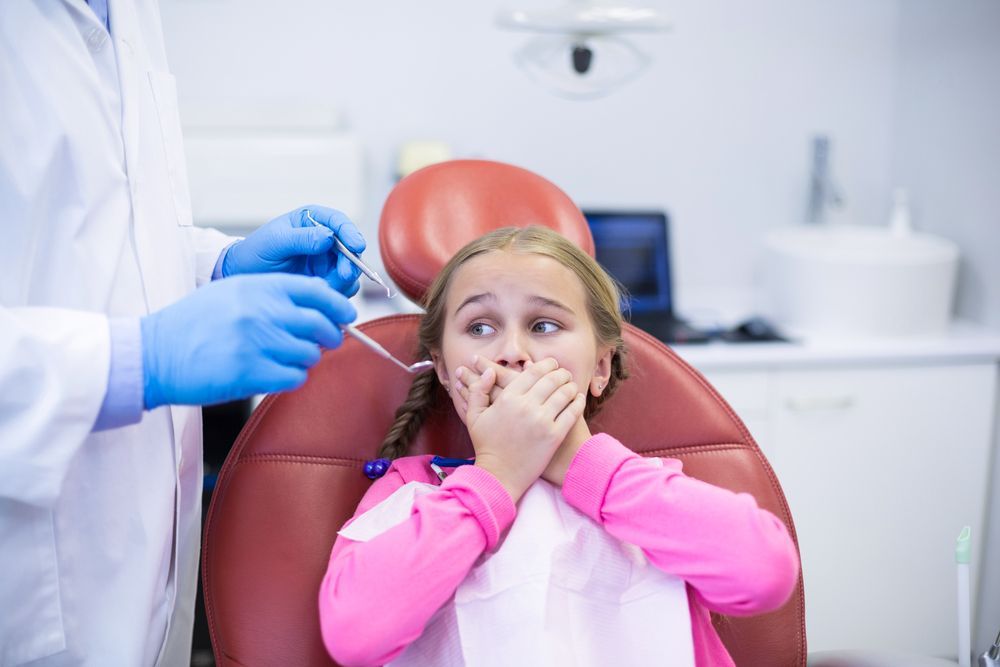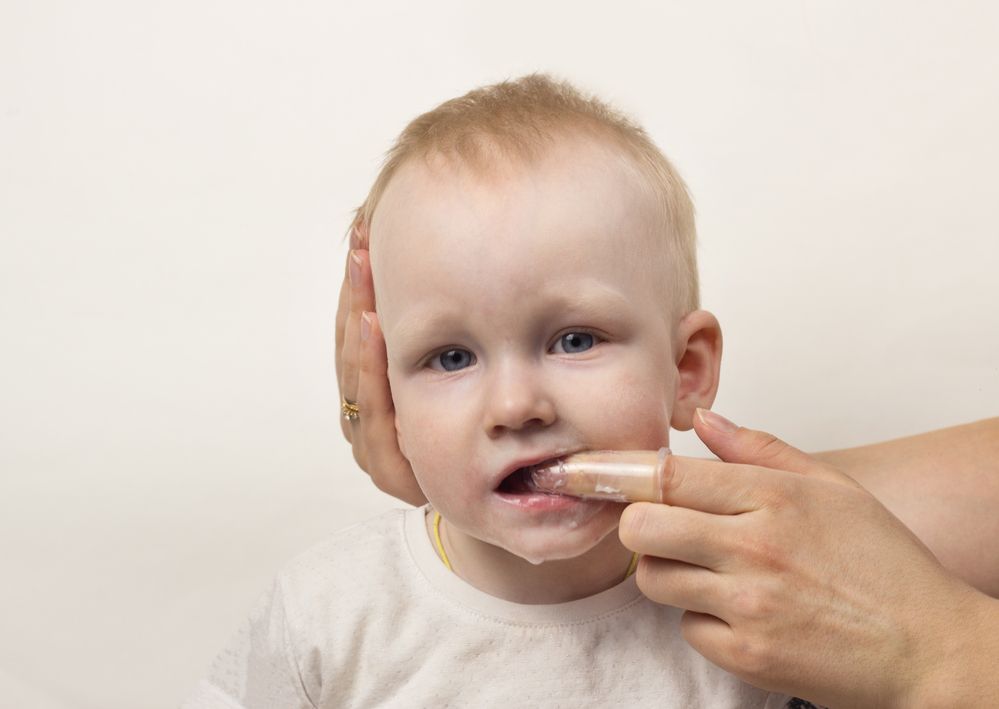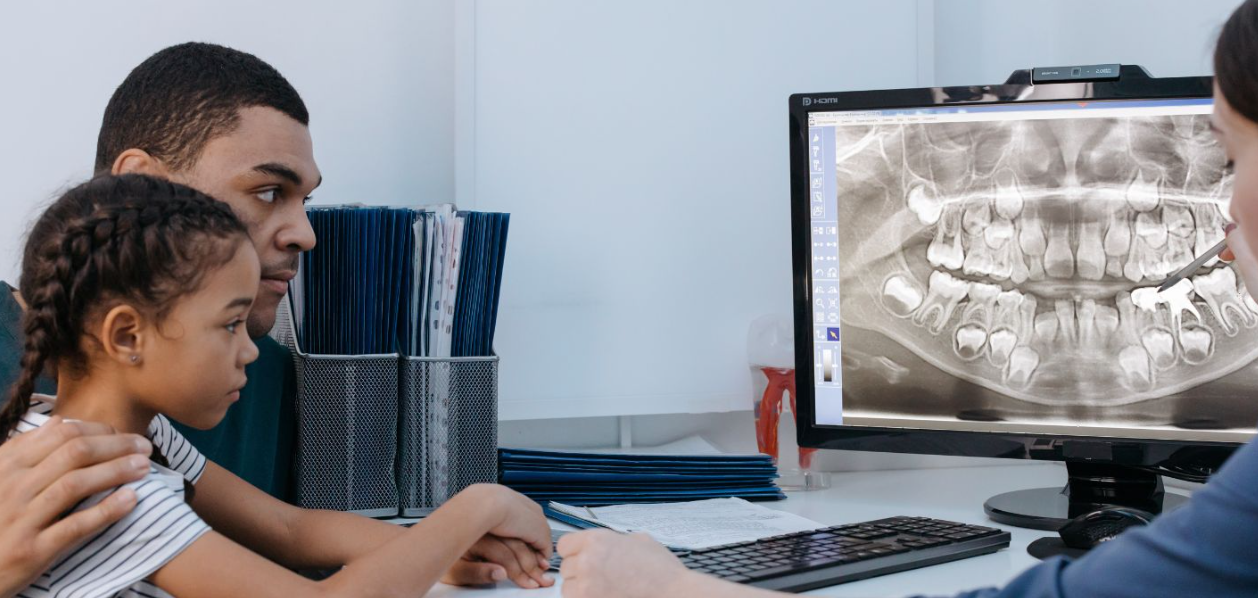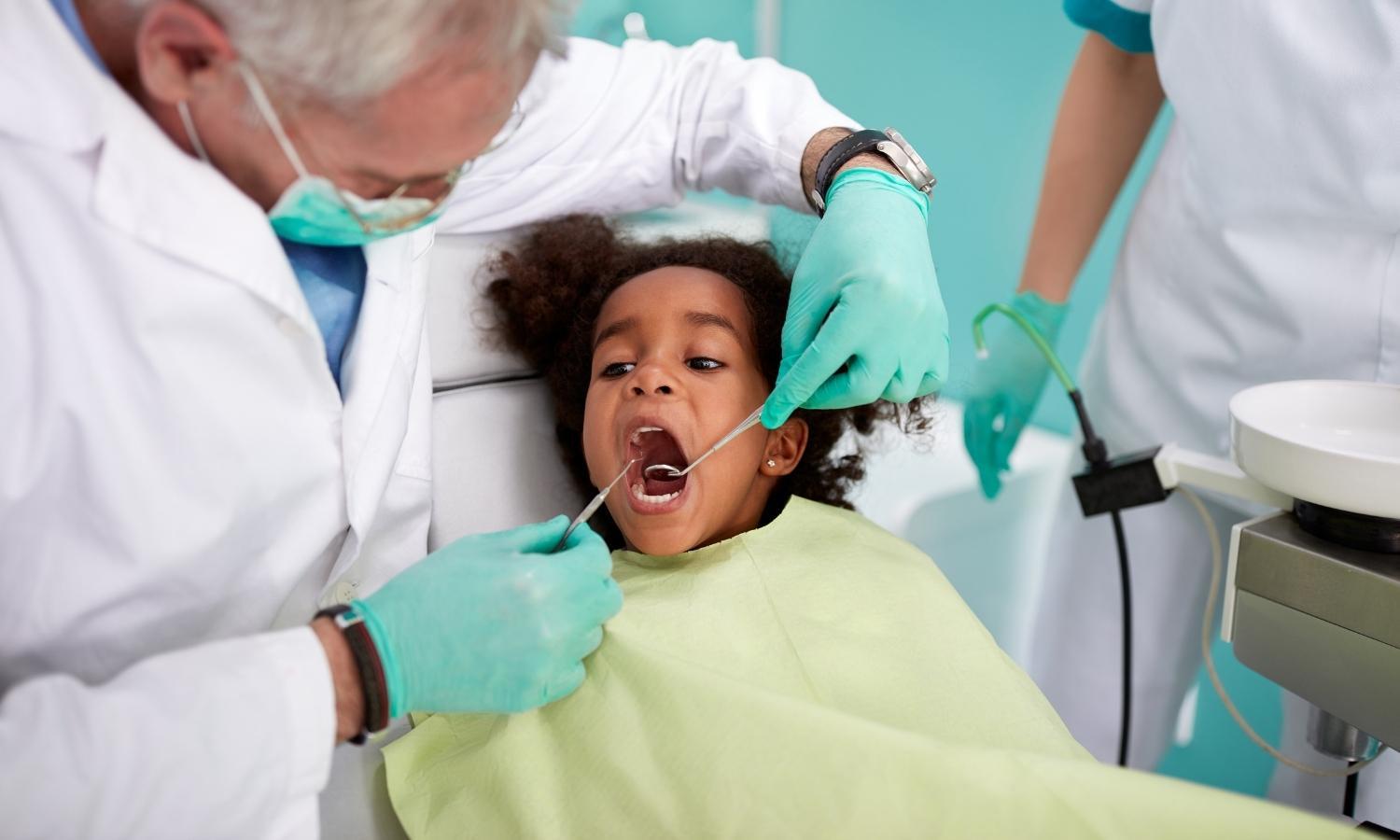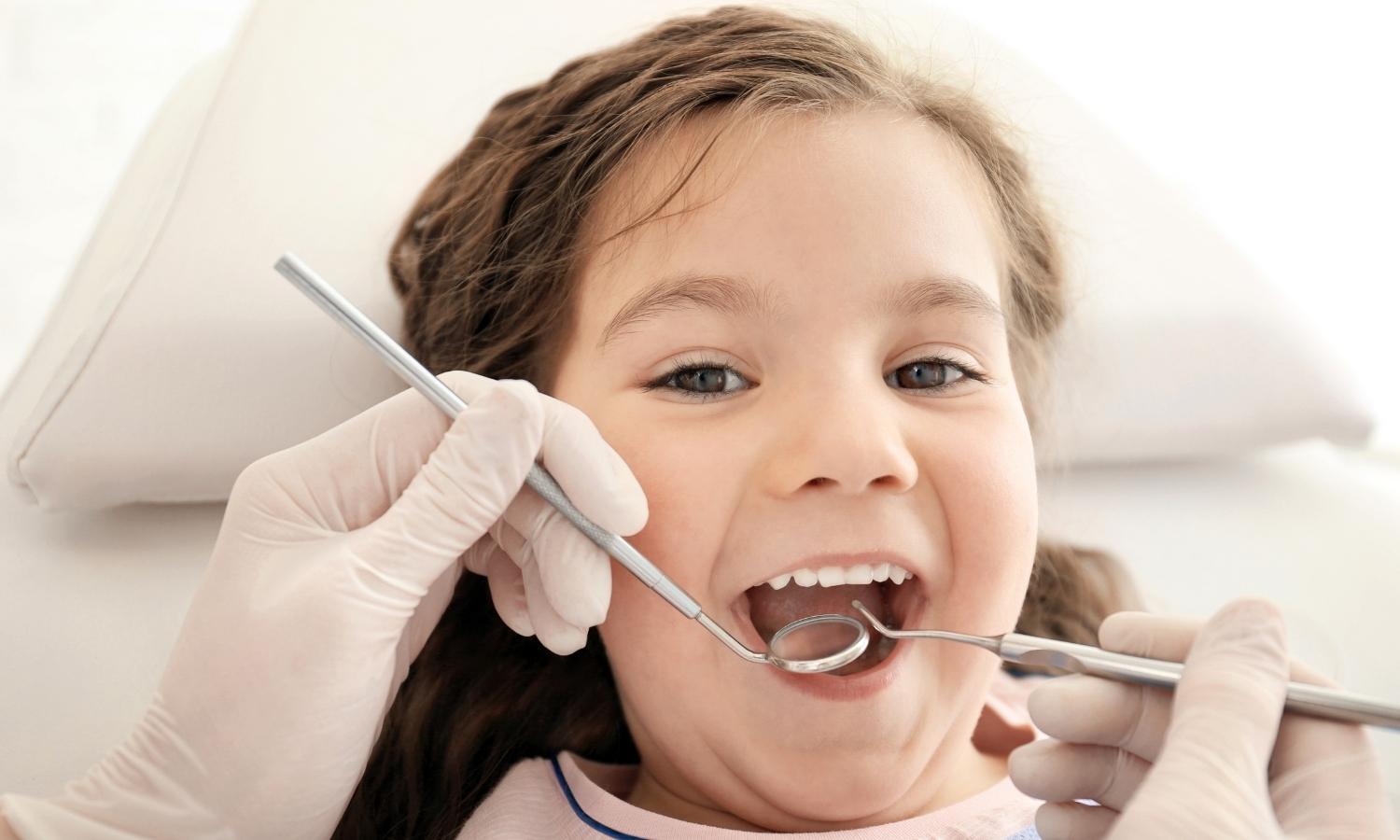Let’s Talk about Wisdom Teeth!
Wisdom teeth, also called third molars, are the last teeth at the back of your mouth. They do not have “baby tooth” versions and usually come in sometime in the later adolescent years. Many people do not have these chompers, however. Here is an overview of wisdom teeth, the factors that may lead your Cumming pediatric dentist to remove them and why they are there in the first place!
Why Are They Called Wisdom Teeth?
By the 1600s, these third molars were referred to as “teeth of wisdom,” with the term being shortened to “wisdom teeth” by the mid-1800s. They generally come in during a person’s late adolescent to early adult years, which is the time when people are considered to be a bit wiser than they once were. These are the only teeth that develop later and do not have “baby tooth” versions.
Why Are They There?
Many people wonder why we even have wisdom teeth if we don’t need them. They are what is called a “vestigial trait.” This means that they are a leftover remnant of earlier years when we did need them. Primitive humans needed extra molars to chew the raw meat, tree bark, roots, and other foods they hunted and gathered to survive. As civilization developed and we learned to prepare food, these grinding teeth became less necessary to chew up our diet.
In fact, we are evolving away from having them altogether. These days it is estimated that up to 35 percent of people in the United States are born without — and never develop — any wisdom teeth at all! The day will come in the future when they are no longer present.
Why They Are Removed
Many people have wisdom teeth that are impacted — that is, they never emerge from the gums. For some, this never causes a problem. For others, impacted wisdom teeth can be very painful and can even become abscessed, or infected. Dentists generally recommend the removal of impacted wisdom teeth, even for those experiencing no problems, to keep the mouth and gums healthy. Since they are not needed, there is no reason to leave them there and take the risk.
What Are the Side Effects?
Removal of wisdom teeth is very safe and is done right in the dentist’s office, often under a local anesthetic. You can be awake during the procedure, which takes an hour and a half or so. Following the procedure, there will be a couple of days of recovery during which you’ll experience some swelling and discomfort which can be controlled with oral pain medication.
Insurance and Cost
Insurance and cost are always a concern with dental work. If the removal of your teeth is considered medically necessary, your insurance may cover a portion of the costs involved. If it is elective, the insurance may not apply. The cost for your Cumming pediatric dentist to remove wisdom teeth can vary widely, based on how many teeth are being removed and what kind of anesthetics are involved.
If you need to have your child’s wisdom teeth looked at, our
Cumming pediatric dentist practice may be able to help. Read up about our teenage dentistry services and give us a call for an appointment today!
All Rights Reserved | All Stars Pediatric Dentistry

